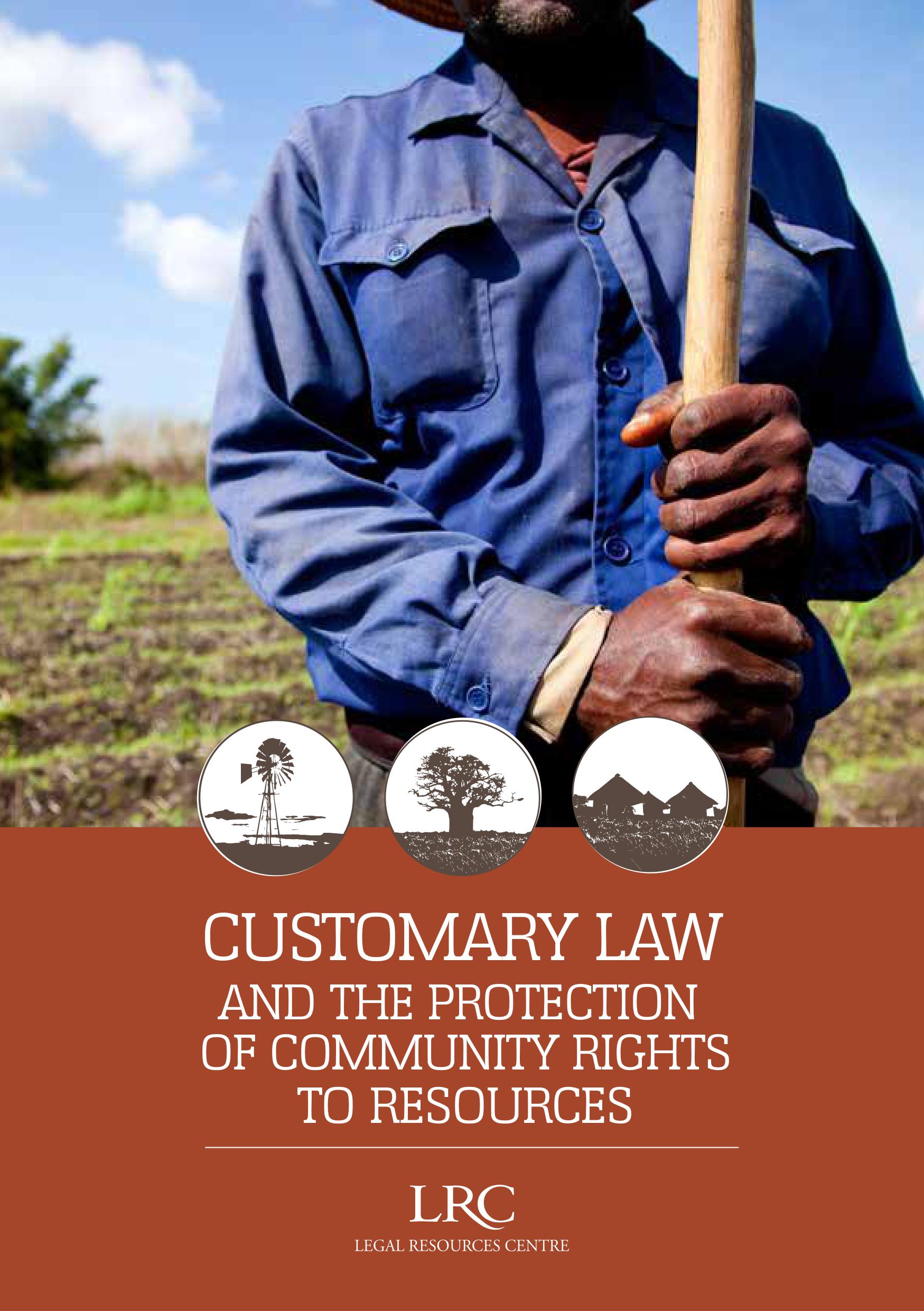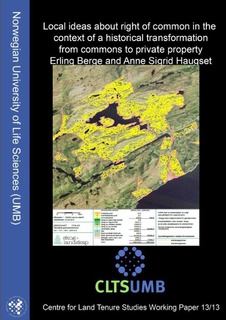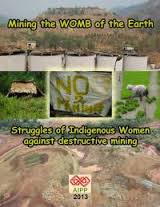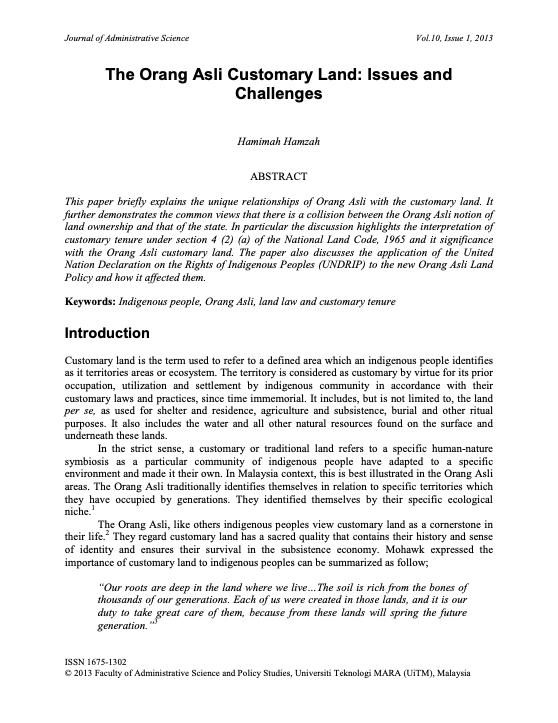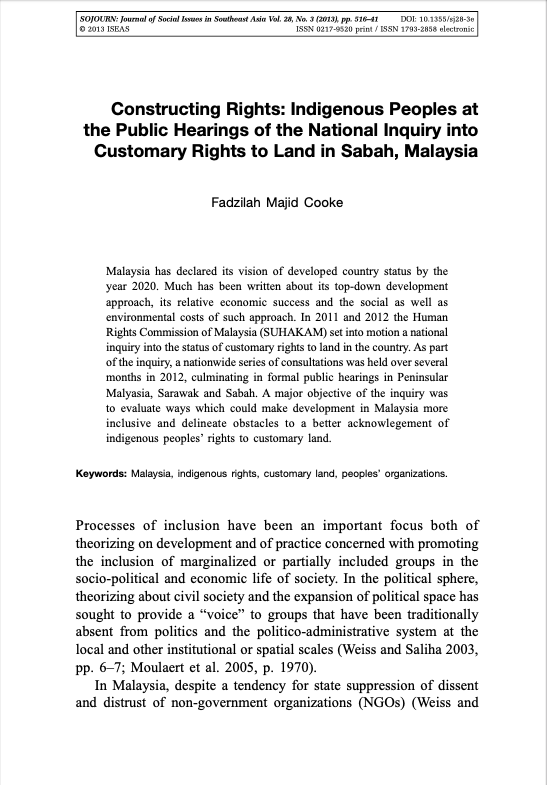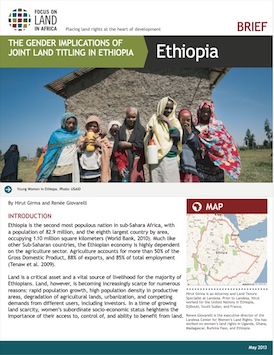Zambia: Conversions of Customary Land to Leasehold Title
Zambia recognizes two types of land tenure: customary and leasehold tenure. While historically the majority of land in Zambia has been held under customary tenure, leases (also called leasehold titles) are the only legal means of holding land rights. In 1995, a new Land Act was passed, which makes it easier for investors to acquire leasehold titles to customary land. When an investor obtains a leasehold title to customary land, the customary land reverts to the state once the lease expires and is thereafter governed by statute.

